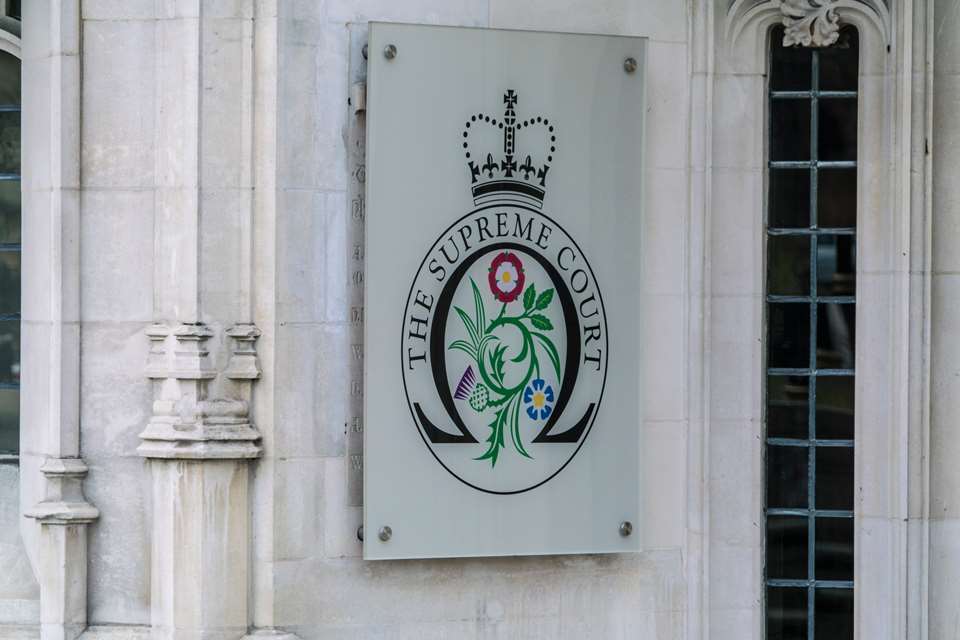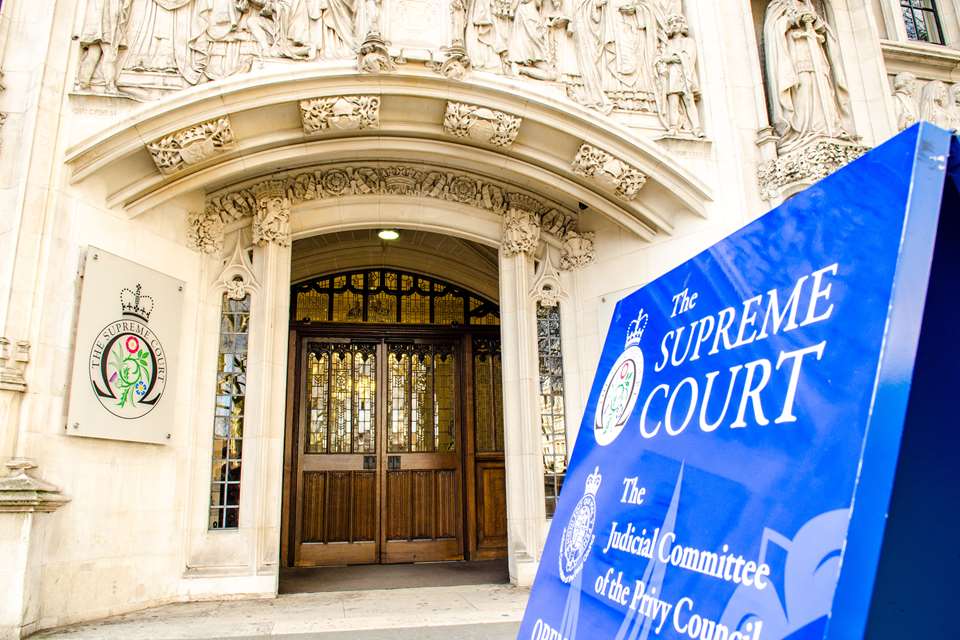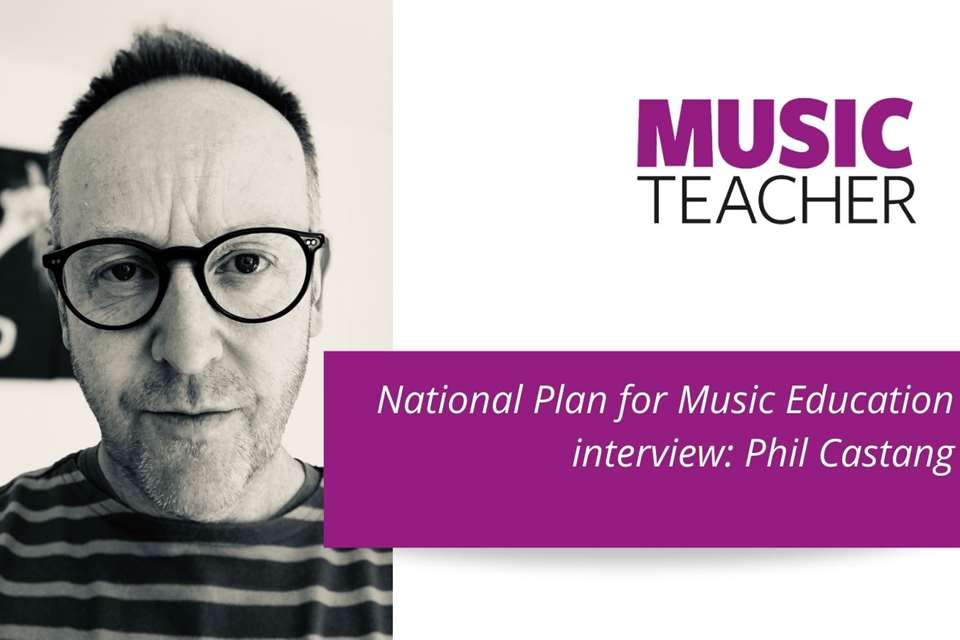Latest ISM report finds 'unfair' music teacher working conditions
Harriet (Clifford) Richards
Monday, July 25, 2022
Peripatetic music teachers are often ‘taken for granted’, experience increased job insecurity, and are subject to ‘weaker’ terms and conditions.

micromonkey
The Incorporated Society of Musicians’ latest report has found that peripatetic music teachers in the UK experience ‘unfair and inconsistent’ work practices, insecure contracts, and a lack of professional respect.
Sitting alongside Music: A subject in peril? (March 2022), the new report draws on several different sources; in total representing data from over 1,200 peripatetic teachers.
Focusing on the casualisation of the workforce and the negative impact of this on rates of pay, holiday pay, pension, job security, and professional respect, the report reveals that 72 per cent of respondents were on zero-hours contracts, leading to ‘uncertainty’ and ‘financial insecurity’.
Recommendations for next steps
Written by ISM research associate Dr Jodie Underhill, The case for change summarises the views and experiences of peripatetic music teachers, combining statistics with anecdotal survey responses.
At 17 pages long, the document also includes background information, a summary of different employment statuses, and the contextual political background from 2016 to 2022. Several pages are dedicated to the casualisation of the higher education workforce within music education.
Based on the report’s findings, the ISM sets out 14 recommendations to the government and employers, including the implementation of clearer statutory definitions of employment status, and rates of pay that reflect teachers’ qualifications and experience.
'The government must act now'
The report comes the week after a ‘landmark’ Supreme Court case ruling impacted the way holiday pay should be worked out for term-time-only employees. The report states: ‘This will have obvious financial implications for employers, particularly music hubs.’
‘In light of this ruling, the government must act now to increase the amount of money given to hubs in the new investment process’ – this refers to Arts Council England’s Music Hub Investment Programme launched off the back of the refreshed National Plan for Music Education.
Deborah Annetts, ISM’s chief executive, said: ‘The report is particularly timely following the publication last month of the refreshed National Plan for Music Education, called The power of music to change lives, and the mounting cost of living crisis which appears set to continue.
‘Peripatetic instrumental teachers are a vital part of the wider music education ecosystem, and without changes to their working conditions, there is a concern as to whether the refreshed National Plan can be delivered successfully.
‘We desperately need a properly paid music education workforce who are fully supported in the workplace and have access to good quality professional development.’
Promises in Wales
The National Plan for Music Education in Wales published in May included a commitment to review instrumental and vocal teachers’ terms and conditions – something which was not promised in England’s plan.
Phil Castang, who sat on the government’s advisory board for the English plan, told MT that ‘it’s a separate job’ to ‘look in forensic detail’ at the workforce. He suggested sector organisations might work together to produce a ‘charter of best practice’.
Read The case for change: The music education workforce in 2022.








